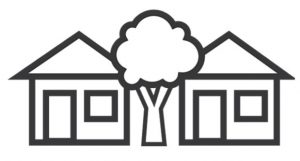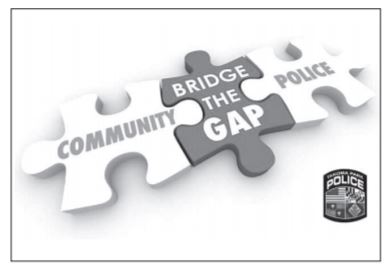 So far, our youth have had to bear a much tougher year than what they’re typically accustomed to. With the curfew, the quarantine, the closing of businesses, parks and schools, the switch to online learning, not seeing or hanging out with friends, they’ve had to get used to many sudden changes. All this was done to slow the spread of COVID-19 with hopes that things would return to normal before summer.
So far, our youth have had to bear a much tougher year than what they’re typically accustomed to. With the curfew, the quarantine, the closing of businesses, parks and schools, the switch to online learning, not seeing or hanging out with friends, they’ve had to get used to many sudden changes. All this was done to slow the spread of COVID-19 with hopes that things would return to normal before summer.
Unfortunately, the spread of COVID-19 continued to increase, causing nationwide cancellations for summer programming and bringing more changes to an already confusing time for many children. Thankfully, the Takoma Park Recreation Department was able to bring a little bit of sunshine back to summer with Takoma REConnect, a virtual youth summer program.
The program consisted of two, forty-five-minute sessions (Ages 6–9 & Ages 10–12), twice a week, for a total of five weeks. With different weekly themes, such as Chef Cooking week and Dinosaur Week, staff and registered participants played games, created wonderful crafts, got moving with some exercise and even had special guests. It was a great and fun filled experience, allowing youth to safely REConnect with others in the community. A parent of one of our kids said, “My deepest gratitude to the team who is leading the REConnect program. My child loves to connect with you every call. Thanks for creating such a great and thoughtful program!”
While it seemed things were possibly returning to normal, with some businesses slowly phasing open, many were hoping to have children return to school. Montgomery County Public Schools decided to continue online learning until January 29, 2021 or until state and local health officials determine conditions in our county allow for students to return safely.
This means that children are still not yet able to return to the TP Community Center after school. So the year of change continues! Changes and adjustments are still consistently being made to properly follow health guidelines. We are happy to announce that starting October 2020, Takoma REConnect will continue as a monthly, virtual afterschool program.
Registration is required for each session. There will be similar elements of the summer Takoma REConnect with tons of new, fun and engaging activities. We’ll have special guests, make crafts, and play games, such as bingo and charades. We will use our creativity and imagination to create the best experience possible. Registration has already opened, and space is limited. If you have any questions regarding programs and classes, please contact us at recreation@takomparkmd.gov or 301- 891-7290.
This article originally appeared in the September 2020 Takoma Park Newsletter.

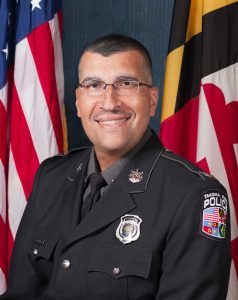
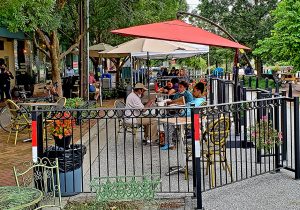
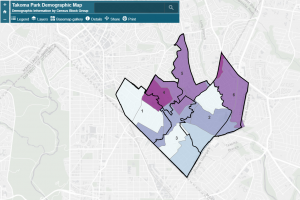
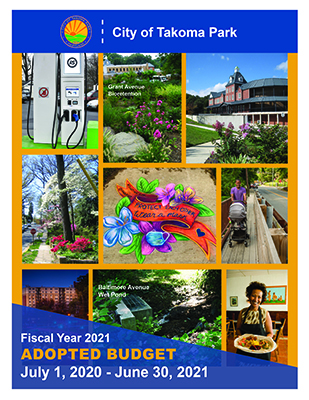 Susan Cheung, Human Resources Director Tracy Smith, and Budget & Accounting Manager Ronnel Kawaley to finalize the
Susan Cheung, Human Resources Director Tracy Smith, and Budget & Accounting Manager Ronnel Kawaley to finalize the 
